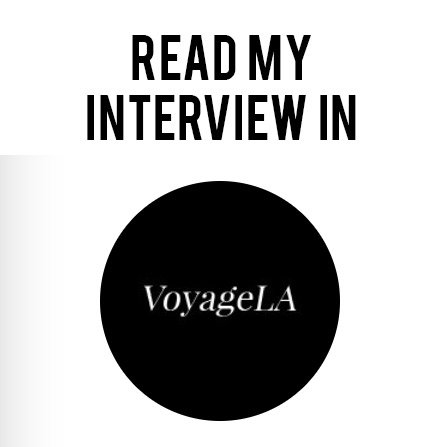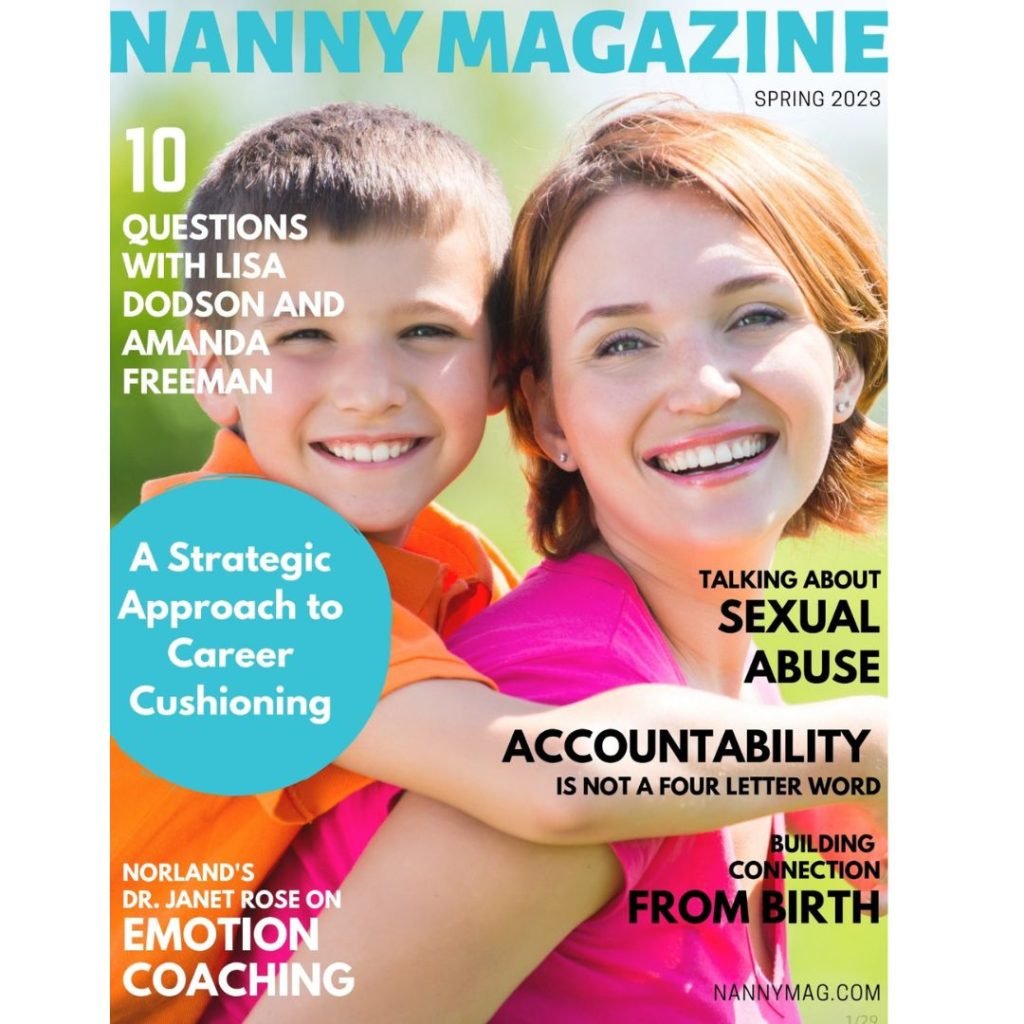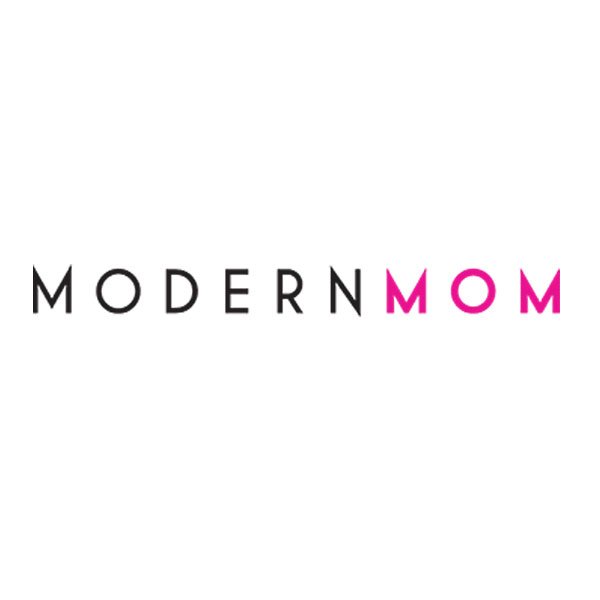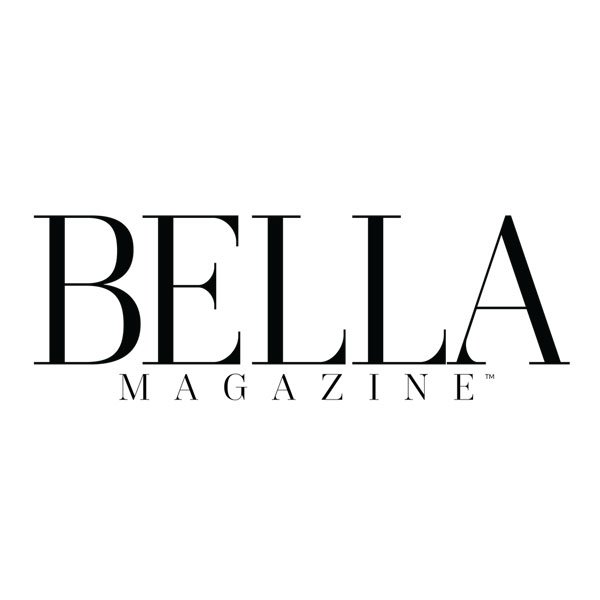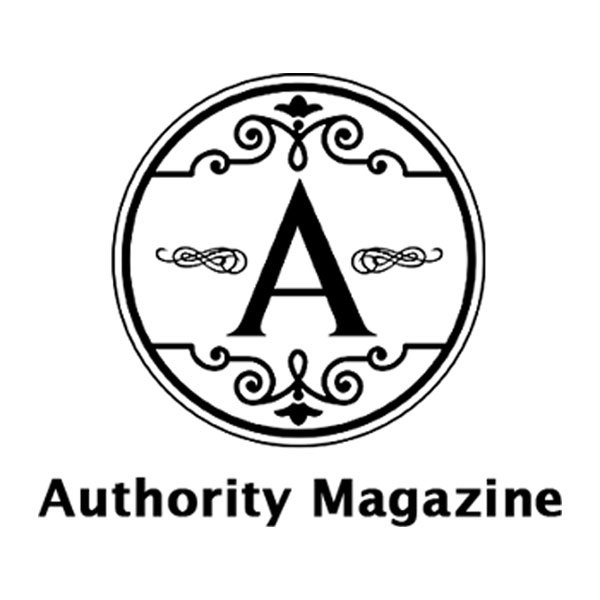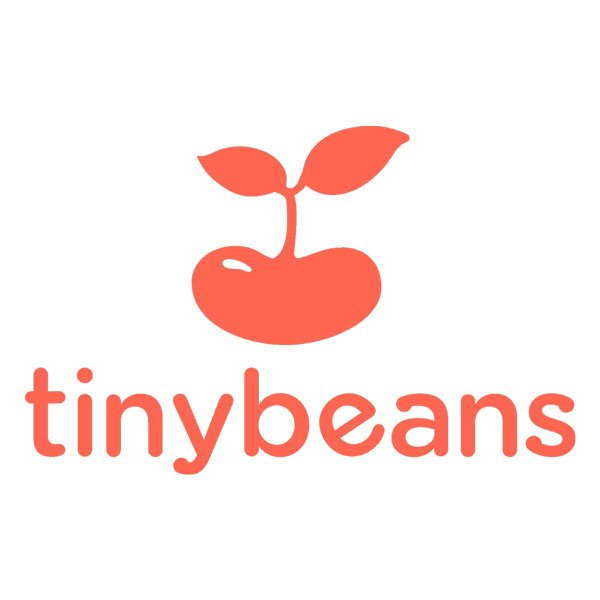Publications
Inspiring Conversations with Michelle Mintz
Inspiring Conversations with Michelle Mintz Last month I got Interviewed by Voyage LA. Read the original interview in Voyage LA HERE. Today we’d like to introduce you to Michelle Mintz, M.S., CCC-SLP. Alright, so thank you so much for sharing your story and insight with our readers. To kick things off, can you tell us a bit about how you got started? I’m Michelle Mintz, M.S., CCC-SLP, a Communication & Cognition Specialist with 30 years of experience as a Speech-Language Pathologist, specializing in early childhood development and adult cognitive health. I founded MEET MICHELLE MINTZ to help families nurture communication, connection, and brain development from infancy through adulthood. My passion for helping people connect started long before my career—ever since I was a child, I found myself noticing the way people spoke: the rasp of a voice, a unique twang, or a particular rhythm. I didn’t know then that it would become my life’s work, but looking back, it makes perfect sense. I’ve worked with people of all ages, from toddlers saying their very first words to seniors recalling cherished memories. Early in my career, I worked out of my home without a waiting room, so parents, grandparents, and nannies were always present during sessions. That gave me the chance to teach them in the moment—explaining what I was doing, why it mattered, and how to carry it forward at home. The progress we saw was incredible, and I quickly realized these strategies weren’t just for children with delays but for all children from birth to five. In 2020, I launched Baby Blooming Moments—now MEET MICHELLE MINTZ—to share these strategies more widely. My programs, including Baby Blooming Moments and Parenting 911, weave enriching activities into daily routines, strengthen brain connections, reduce behavioral challenges, and deepen family bonds. These small, intentional changes make a huge impact—especially for babies and toddlers born during the COVID-19 lockdown, who research shows are at risk of developmental delays. Inspiring conversations with Michelle Mintz continues here Beyond my work with young children and families, I’ve devoted much of my career to adult cognitive health. I’ve worked at Cedars-Sinai Medical Center and UCLA Medical Center to help adults improve memory, attention, and overall brain health through engaging, research-based strategies. Over the years, I’ve also worked in hospitals, rehabilitation centers, nursing homes, assisted living facilities, private homes, schools, and for neurologists helping their patients who have experienced brain injuries. I earned my Master’s degree from Boston University and hold national certification through ASHA. I’m also the author of All Done Binky! and a frequent speaker at national conferences, where I train preschools, educate nannies, and coach families both in person and virtually. Alright, so let’s dig a little deeper into the story – has it been an easy path overall and if not, what were the challenges you’ve had to overcome? Many obstacles trying for about 25 years to provide my program to all caregiver of children birth to five. I have had many different company names, lots of articles, podcasts and interviews.. It is challenging to have such a unique business when caregivers don’t realize they really need this type of extra support – no one is searching for me My background is a Speech-Language Pathologist but my business, MEET MICHELLE MINTZ, is for typically developing children birth – five (the critical years for brain development) as well as those with cognitive challenges Great, so let’s talk business. Can you tell our readers more about what you do and what you think sets you apart from others? At MEET MICHELLE MINTZ, I help people—from newborns to seniors—connect more deeply through better communication and brain development. I don’t just work with the individual; I equip the people around them with strategies that turn everyday moments into opportunities for learning and connection. MEET MICHELLE MINTZ strengthens communication, connection, and cognitive development from infancy through later years. As a Communication & Cognition Specialist with 30 years of experience as a Speech-Language Pathologist, I work with families, caregivers, educators, and individuals to enhance language skills, enrich daily interactions, and keep the brain active and engaged. What makes my programs unique is how practical and accessible they are. All sessions can be done virtually or in person, allowing me to work with clients anywhere. I provide simple, yet impactful strategies that fit seamlessly into daily activities—small tweaks in how you talk, play, read, and interact that create profound, lasting results. This approach doesn’t require extra hours in the day—it’s about using the moments you already have more meaningfully. This work is especially critical now for babies and toddlers born during the COVID-19 lockdown, when reduced social interaction and exposure have led to developmental delays. Studies show many of these children are behind in language, social, and emotional skills. They are getting kicked out of preschool and parents and educators do not know where to go for help. My strategies help close that gap, giving parents, caregivers, and educators the tools to spark meaningful growth in everyday moments. I’m proud that MEET MICHELLE MINTZ is known for fostering connection—helping people feel seen, heard, and understood. My services include early childhood enrichment, caregiver training, adult cognitive health coaching, and professional development workshops—each designed to be engaging, practical, and immediately applicable. At the heart of my work is one belief: communication is the thread that holds us together, and nurturing it at every stage changes everything. Some say “It’s never too late”, I say “It’s never too early.” As babies bloom, families blossom Do you have recommendations for books, apps, blogs, etc? I enjoy reading, watching or listening to crime, detective, mystery type shows I love using the app Keep Notes as I take notes and coach about taking notes for everything to help keep organized I will use Lumosity and Focus for brain games Contact Info: Website: https://meetmmintz.com/ Instagram: https://www.instagram.com/meetmmintz/ Facebook: https://www.facebook.com/meetmmintz/ LinkedIn: https://www.linkedin.com/in/meetmmintz/ Youtube: https://www.youtube.com/@meetmmintz Other: https://amzn.to/48gMiQ8 Thank you for reading inspiring conversations with Michelle Mintz
Read MoreWhen Do Babies Say Mama and Dada?
While every baby’s first word is special, you may be wondering; When Do Babies Say Mama and Dada? When Do Babies Say Mama and Dada? A Detailed Guide for Parents One of the most heartwarming moments in parenting is hearing your baby say “mama” or “dada” for the first time. But the journey to these magical first words is filled with fascinating milestones, babbles, and learning opportunities. So when do babies say mama and dada, and how can you support your child’s speech development along the way? Speech pathologist Michelle Mintz, M.S., CCC-SLP, is here to break down everything you need to know. Typical Language Development Timeline for When babies say mama and dada? If you’re wondering, “when do babies say mama and dada?”—the answer begins with a series of early communication milestones: – Newborn Phase: Babies communicate mainly by crying from birth, which is how they first express their needs. – Cooing (1–3 months): Around one month, you might hear cooing sounds, which become clearer and more frequent by three months. These are your baby’s first attempts at non-cry vocalizations. – Babbling (4–7 months): Between four and seven months, most babies start to babble repetitive sounds, like “bababa,” “dadada,” and “mamama.” This is a playful stage, where they experiment with their vocal cords and learn to control their mouths and tongues. – Recognizing Words (8–9 months): At this point, babies start to understand common words and begin to associate certain sounds and words with specific people or objects. They might not follow instructions yet, but receptive language is growing fast. When Do Babies Say Mama and Dada With Meaning? – First Words (10–12 months): According to Michelle Mintz, babies typically begin to say real, meaningful words between 10 and 12 months. “By their first birthday, most children have about 5 to 7 words they use with intention,” says Mintz. This means that when your child looks at you and says “mama,” they’re purposefully referencing you—not everyone around them. – “Dada” vs. “Mama”: There’s always curiosity about which word comes first—will it be “mama” or “dada”? Mintz explains that “dada” is often easier for babies because the “d” sound is less physically challenging. Sucking motions, which babies already practice, help them form the “d” sound, while the “m” sound requires pressing their lips together, which can be trickier for some infants. – Variation Is Normal: Every child develops at their own pace. Some may say “dada” first, others “mama,” but both are important steps in early speech development. Factors That Affect When Do Babies Say Mama and Dada? Many parents wonder what influences when babies say “mama” and “dada.” Here are some key factors: – Language Exposure: Babies who hear lots of conversation and receive direct engagement tend to speak earlier. -Interaction and Engagement: Face-to-face time, making eye contact, and narrating activities help babies form associations between sounds and meanings. – Individual Differences: Each child’s physiology and personality play a role. Some may babble earlier; others may take their time. – Family Environment: Everyday language routines, including reading together and singing, encourage earlier verbalization. How to Encourage Your Baby to Say Mama If you’re eager to hear your baby say “mama,” Michelle Mintz offers several easy strategies: – Talk Often: Narrate your day. For instance, say, “Mama is making breakfast,” or “Mama loves you.” This repetition—and linking the word “mama” to yourself—reinforces its meaning. – Read Together: Choose books that use “mama” and “dada” repeatedly. Point to yourself and your baby’s other parent as you say the words. – Repeat and Celebrate: When your baby attempts the right sounds or words, respond with enthusiasm and positive reinforcement. – Minimize Screen Time: Opt for direct engagement, as real human interaction is far more effective for language learning than passive listening or screen exposure. Signs Your Baby Is Getting Close Here’s what to watch for as your baby approaches the “mama” and “dada” milestones: – Increased babbling, especially repetitive “mamama” or “dadada” sounds – Turning when you say their name or familiar words – Attempting to copy mouth shapes and sounds from parents or siblings – Using gestures (like reaching for you) while babbling What If Your Baby Isn’t Saying Mama or Dada Yet? Don’t panic if, by 12 months, your baby isn’t saying “mama” or “dada” with meaning. All babies develop at their own pace, and some simply take a little longer. However, consistent interaction—talking, singing, reading, and responding to your baby—are all ways to encourage those first words. If you have concerns about your child’s hearing or language development, it’s always a good idea to consult a pediatrician or speech-language pathologist. Key Takeaway: When Do Babies Say Mama and Dada? To summarize, most babies say “mama” and “dada” meaningfully between 10 and 12 months, following months of cooing and babbling. The best way to nurture your child’s language skills is by interacting, reading, and talking with them every day. — About the Expert: Michelle Mintz, M.S., CCC-SLP, is a licensed speech-language pathologist specializing in early childhood communication milestones. — For more tips on baby milestones and language development, explore my other resources. And remember—whether your baby says “mama” or “dada” first, the most important thing is the loving connection you’re building together. References: Interview with todaysparents.com Get started at meetmmintz.com , find out more at babybloomingmoments.com or connect with Michelle on Instagram, Facebook, YouTube, and LinkedIn. Or email: michelle@meetmmintz.com When Do Babies Say Mama and Dada? This article has been reformatted from its original creation.
Read More
